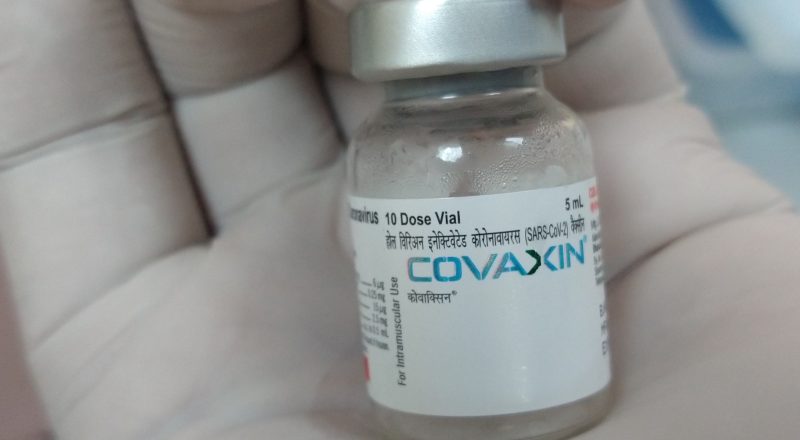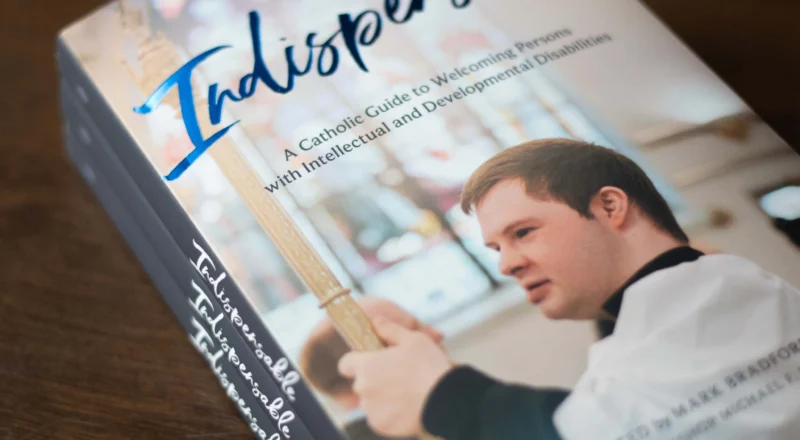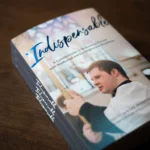We know that the main cause of autism is genetics, with exact percentages varying in different studies. (The evidence is strongly against the main cause being vaccines, processed food, or any such claimed causes.) However, when we look for a specific gene, we find a bunch of genes, none of them are prevalent in most autistics while absent in most non-autistics, and it seems each autistic needs some combination of genes. There also seems to be a wide variety of autistic differences where genes may suggest one mode of helping this person best, while other genetic traits would suggest another.

In such a situation, it is reasonable to put some research money into autism genetics. If we understand genetics better, we might be able to do more to help autistic individuals. In principle, I have no issue with genetic research on autism. However, two points come up that make me very wary of it, and increasingly so. First, we spend way too much of the research pie on genetics at the cost of other research. Second, the eugenic attitude behind many of those doing this research.
Genetics has too much of the research pie
A recent piece noted:
In 2008, 55 percent of autism research funding ($123 million) was pointed at risk factors and biology questions, whereas only 6 percent ($11.5 million) went to services and questions around the lifespan of autistic people. After a decade of… neurodiversity activis[m], 63 percent of funding ($247 million) in 2018 went to risk factors and biology, but services and lifespan issues had moved to just 9 percent ($36 million).
This piece is extremely controversial, and looking at the controversy and then reading it is a good portion of why I wrote this now. I edited the quote to make the point sound more neutral than the bias this originally portrayed. The basic reality of genetics getting the bulk of the research money is a serious issue. What ideas that might help us live as autistics are not getting research funding because all the funding is going this way?
Eugenics towards autistics
I’m sure few of the scientists doing this research want to use it for eugenic ends, but Simon Baron-Cohen noted in 2019 that this was impossible to avoid: “There’s no way that we can ever say that a future political leader or a scientist won’t use the research for eugenics.” He hopes researchers will speak up against this use of research, but it’s difficult to do fully.
I have written before about the dangers of eugenic abortions if there is a prenatal test for autism. This is likely how eugenics against autistics would be accomplished as it is the most clinical & most likely to be legal. I really hope disability rights groups and pro-life groups will collaborate on fighting things like this, but realistically despite my efforts, this looks unlikely.
This is amplified by many people wanting to “cure” autism. First, the overwhelming majority of autistic people do not want a cure. Even if we take autistic people who struggle more in our neurotypical world, 75.3% of non-verbal autistic people and 68.9% of people with learning difficulties would not take a cure for autism if offered.

The bigger problem with a “cure” mentality and genetic testing is more an unstated logic. The realistic only way to cure an inherited genetic disease is the same way some European countries have “cured” down syndrome: by murdering every preborn baby with the genetics for it.
Conclusion
When I was first diagnosed with autism, I was excited about its genetics. My doctoral thesis started on genetic privacy with things like autism or bipolar that a company might want to test for. (It ended up more on privacy in general, but so goes a thesis.) I even spit in a tube for an autism genetics study. However, as time goes on, I’ve become wary about genetic research. First, it seems to be taking all research money at the expense of other research. Second, there is the danger that this genetic information will be used eugenically, likely by aborting all autistic preborns. The “cure” mindset that drives that eugenic attitude likely also drives funding, so ultimately, the funding might be caused by the eugenic attitude.









